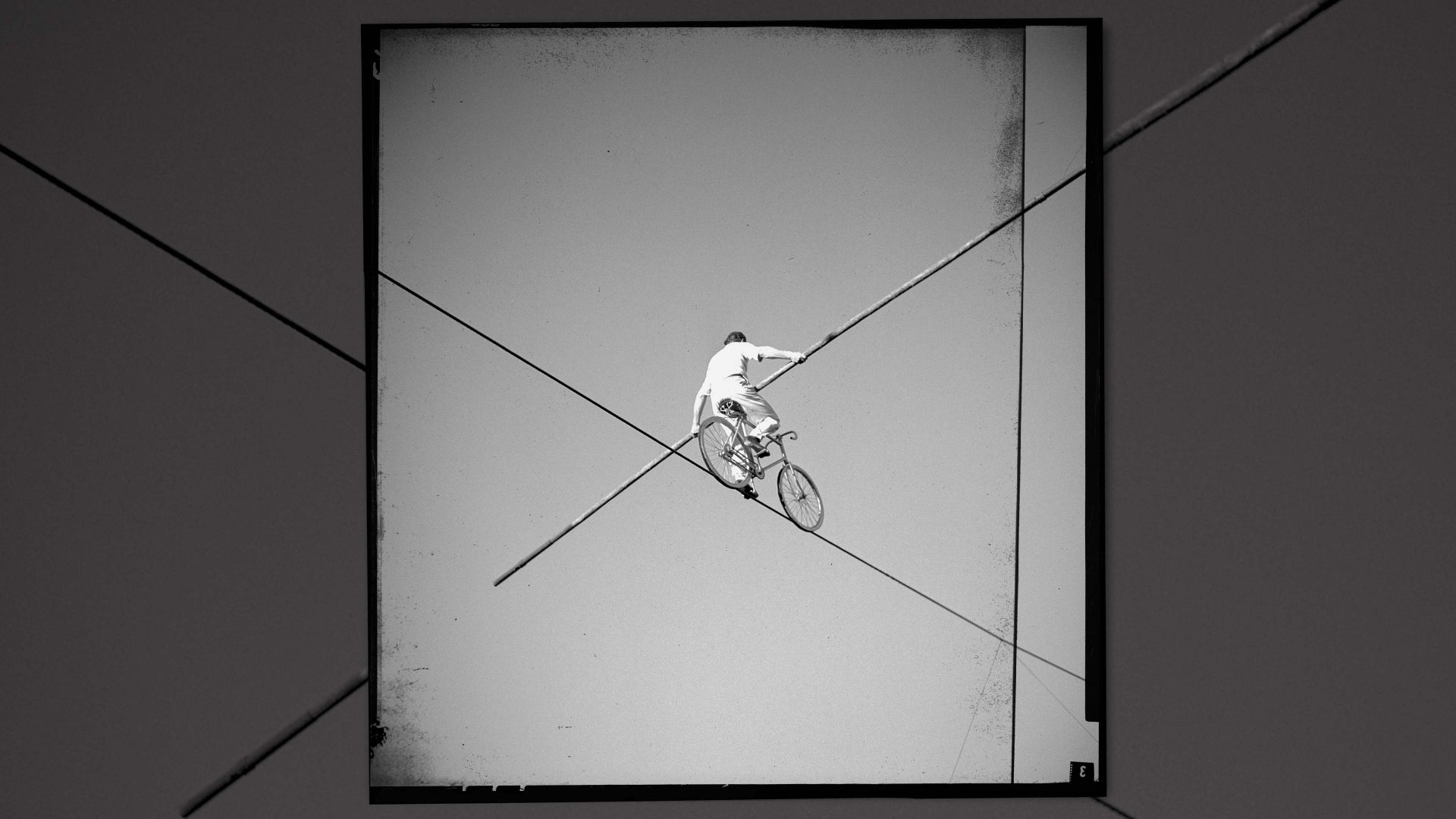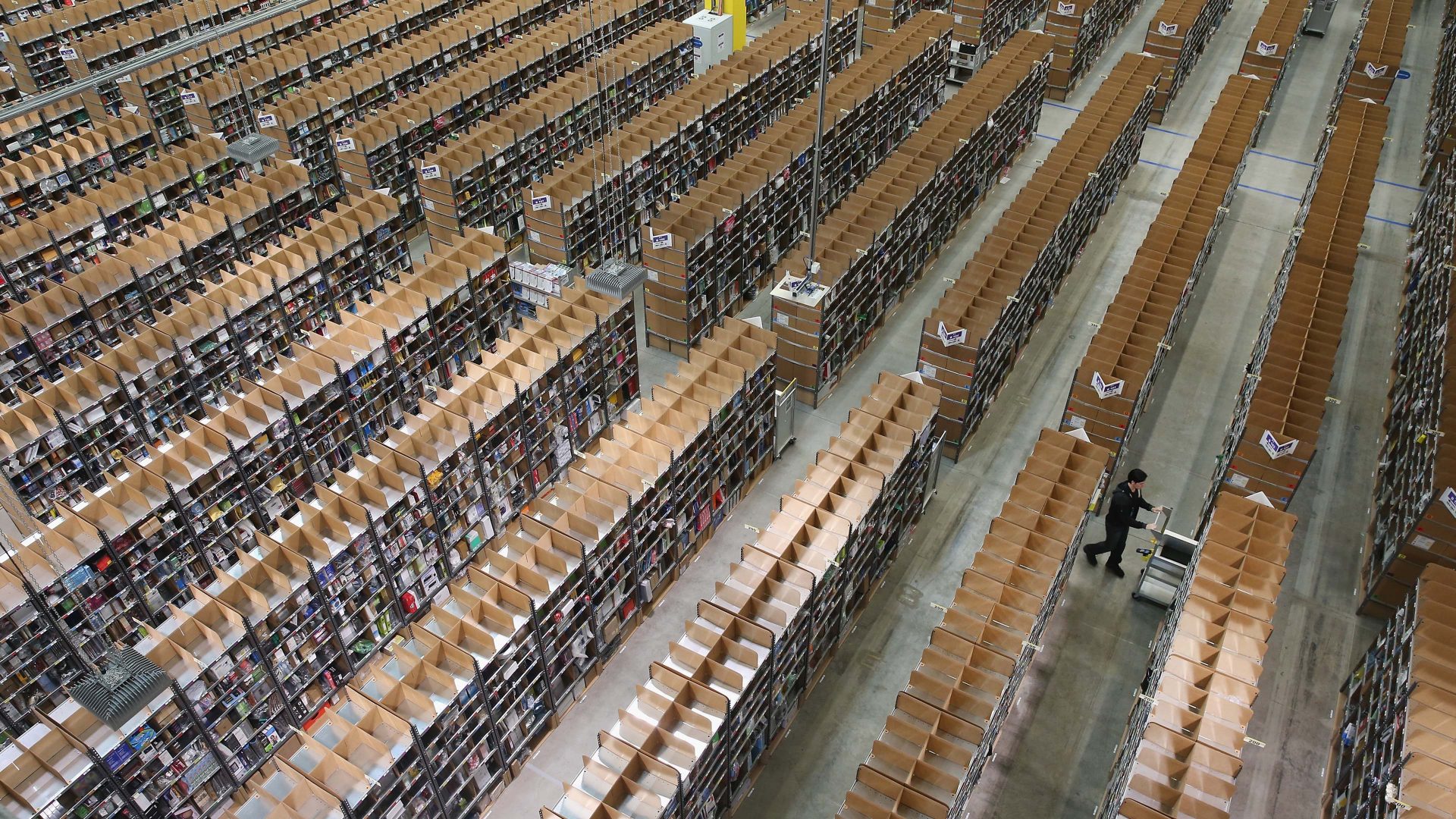It is the plight, but also in a way the privilege, of the comment writer in a newspaper to be accused of bias. Publish a piece in which you commend the leadership of Keir Starmer over Jeremy Corbyn or suggest that it is time the Conservative Party were replaced by the Labour Party as the government of the nation and you invite the accusation that you are not the impartial reporter you claim to be. Yet there is the error. The commentator makes no such claim. Indeed, one is employed precisely because of one’s views. A certain ideological position is, implicitly, in the job description.
We have to distinguish between those media outlets which are striving for an ideal of impartiality and those which are not. There is no requirement in regulation for the Telegraph, Guardian or Times to be impartial. All those newspapers have a position, which is part of the reason their readers choose them. This is communicated most obviously through the comment pages, where the balance of opinion tends towards the vantage point of the reader. But it is also there in the news pages, increasingly so these days, in the selection and the coverage of stories.
Perhaps this is a shame. The distinction between news and comment was once more clearly observed than it is today, though we should be wary of nostalgia on this point. It is not just the egregious examples – the Daily Mail and the British Union of Fascists and the Times and appeasement – that should alert us to the fact that newspapers have always taken sides.
In a vibrant, plural democracy we need partial voices, placing the range of views into public argument. It would be preferable, of course, if there were a balance of views and if more views were represented, but this is a problem of the range of available partiality, not an argument against partial argument. Yet there is also something obviously dispiriting about the endless clash of partisan points of view. Not everyone comes to the discourse with a prior view they wish to have confirmed. There are still people who come to find out what is going on. There is still a place, in other words, for the ideal of impartiality in public debate.
There are two easy ways to denigrate the idea of impartiality. The first is empirical and political. How can impartiality mean anything in a world of proliferating and fragmenting media, in which polarised views can find self-chosen segmented audiences? Now that the appointment to view is no longer kept, broadcasting is just a race and usually a race to the bottom. This is the world of Brexit lies, the era of Trump, beyond truth and past all hope.
The second objection is philosophical. Everyone is coming from somewhere, there is always a context, always a vantage point, always a view being expressed, even if the speaker is barely conscious of what they are doing. In its application to the public realm, this sounds like a clinching critique. Interests and views do not just distort a journalist’s coverage of the news, so the argument goes, they are necessary for it to exist at all. Deciding which stories to cover, how to cover them, how to determine whether they are true, and which opinions are allowed on to the programme or the newspaper are all done for particular reasons, and thus cannot be entirely neutral between all interests. The very notion of impartiality seems to disappear.
Both of these critiques bite. It is true that the idea of impartiality is under considerable attack from partisans who do not care about the integrity of the public realm. It is true too, if we are determined to be philosophically pure about it, that an absolute ideal of neutrality is an illusion. But that is hardly a reason for giving up. (The alternative to impartiality is not just a necessary partiality; it is propaganda.) Neutrality is a competition between truths in which the richer argument would usually prove to be the stronger. And just because an ideal cannot be realised in its purest form does not mean that an impure version is not worth having.
Britain does have an ideal of impartial broadcasting and it needs to be defended. The history of public service broadcasting rests on an ideal of impartiality. This applies not only to the BBC, whose mission to deliver news of due impartiality is set out in the Royal Charter and Agreement, but also to Channel 4, whose purpose is enshrined in legislation, and ITV, which is subject to some of the most onerous public service broadcasting regulation in the world despite taking no public funds.
The BBC is not an especially philosophical institution in the sense that it does not usually define an idea which it then seeks to put into practice. Instead, the BBC does what the BBC does and constructs an ideal from its accumulated practice. To discover what impartiality has meant in journalism, we need to look at how the BBC has sought to embody it. Jean Seaton, the professor of media history at the University of Westminster, and now the official historian of the BBC, has conceded that there have been times when the BBC has yielded too readily to the interests of established power. That is always a risk for a broadcaster funded by a form of taxation and in which the government continues to take a great interest in its appointments.
During the General Strike in 1926, the second world war and the Troubles in Northern Ireland, the BBC has aligned itself with the government of the day. Whether this is justifiable or not – the case of the war differs from the others here – there wasn’t much of a pretence at impartiality.
The BBC was set up in 1922 in the midst of a debate, soon after the expansion of the franchise, that sounds familiar. There were fears that big business could bribe the new voters, that public views might be distorted by foreign ideologues, that the press was egregious, partisan and too influential and that the new broadcast media could easily be exploited to divide the nation. The objective of Lord Reith, the founding director-general of the BBC, was to create an institution which would conduct a single national conversation. It was an elite idea, it was much more de haut en bas than we would permit today and it remains somewhat under-defined.
In 2007, BBC impartiality was updated in a report written by Richard Tait and John Bridcut: “It remains an elusive, almost magical substance, which is often more evident in its absence than in its presence. Imagine 12 bottles on the alchemist’s shelf, with the following labels: Accuracy, Balance, Context, Distance, Even-handedness, Fairness, Objectivity, Open-mindedness, Rigour, Self-awareness, Transparency and Truth. None of these on its own could legitimately be relabelled Impartiality. But all the bottles are essential elements in the Impartiality compound, and it is the task of the alchemist, the programme-maker, to mix them in a complex cocktail”. It is no wonder the idea is controversial in each instance if this is as philosophically rigorous as we can get.
There is more that can be said. Impartiality is not mere “balance”. Ever since Hugh Carleton Greene was director-general, the BBC has made it clear that it has no need to equivocate over racism, prejudice and anti-democratic movements. A later director-general, Charles Curran, suggested the BBC was like representative democracy in the sense that it had a responsibility to seek explanations and allow the viewers to make up their own minds.
The philosophy may be slight but the practical demands of impartiality are clear. Journalists should not express partisan opinions. Truth matters more than balance. The BBC’s own guidelines state that “due impartiality usually involves more than a simple matter of ‘balance’ between opposing viewpoints”. This is not always straightforward. Where the distribution of opinion on a question is different in the national political and popular discourse to that of the academic field, the impartial journalist has to make a choice. Climate change denial is a very common position among members of the Republican Party and is thus an important part of national public discourse in the US, but among climate scientists it is not truly a serious position at all. In this instance, there is a requirement for the news organisation to represent what they judge to be the truth. There are times they get this judgment wrong but impartiality is not a warrant to avoid such choices. It is not meaningless and it is not impossible.
On the contrary, seeking to place truths into the public realm is a noble mission which has fewer defenders today than it needs. The time when George Orwell could write in Tribune “I heard it on the wireless,” and mean “I know it must be true” has long gone. There is a risk that the public realm does splinter into partisans shouting uncomprehendingly at one another. The technological impetus towards this outcome is strong. We should not, as far as philosophy can help resist it, simply join in and accept this as a destination. The flawed, impure idea of impartiality still has something to be said for it.
Philip Collins appears at How the Light Gets In on Saturday September 23 at 10.30am, to debate “The Impartiality Illusion”. Can media ever be truly impartial, or is partisanship inevitable?



